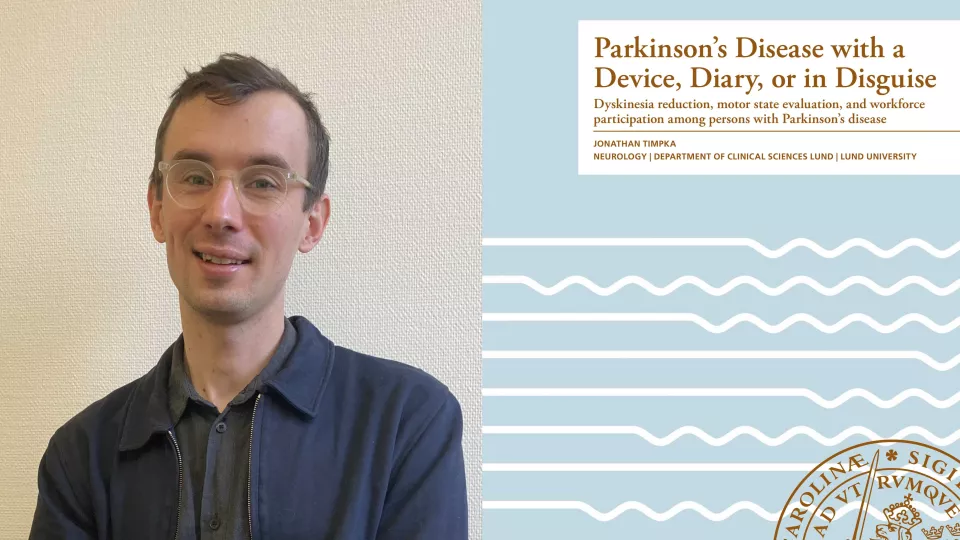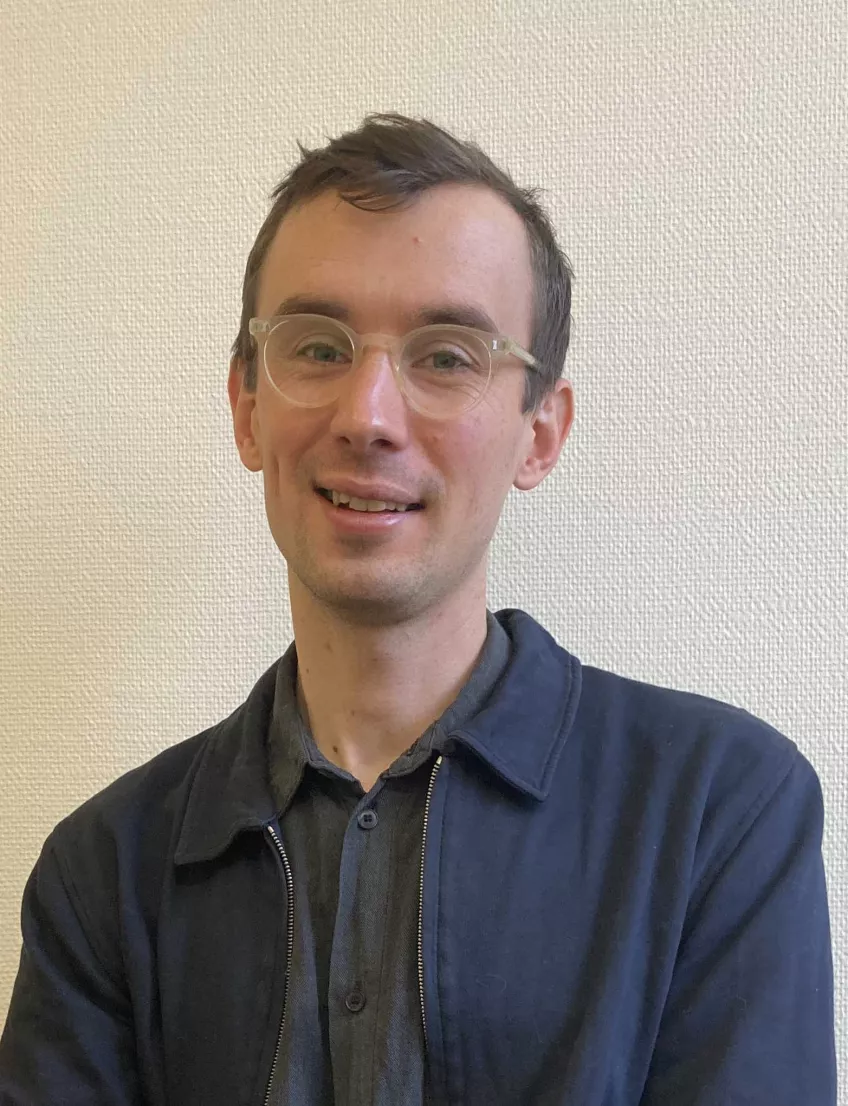Tell us about your Ph.D. research!
My research engagement has been quite diverse, ranging from register-based studies on working ability in Parkinson’s disease to subjective diary reports in which patients assess their motor state.
The first project about motor fluctuations focuses on Parkinson’s disease patients with dyskinesia who receive their levodopa treatment through continuous infusion into their intestine instead of by the way of oral tablets. The second project instead look into how patients document their motor state in a diary. We then compare this subjective rating by the patients with observations made by a clinician. Interestingly, we could see that the observer assessment often did not confirm the patient’s perception of the motor state at the same time point.
My other project is centered around workforce participation. In those studies, I tried to map what is affecting the patient’s ability to work, both after diagnosis and looking back on whether or not the individual has been on sick leave prior to his/her diagnosis. I believe this is valuable knowledge to gain to improve the support given to persons with Parkinson’s disease. Hopefully, we will get better at helping them maintain some of the regular activities that are important for the quality of life.
How did you end up at MultiPark?
I was interested in research already during the medical programme. After the course in neurology that we had about halfway through the education, I got in contact with Per Odin. I started working with him on a summer research scholarship and did my masters project in his group. In 2016, I started as a Ph.D. student.
What have you enjoyed the most during your research education at MultiPark?
It is great to be surrounded by so many competent persons. There are so many possibilities for collaboration when new research questions are starting to form.
What have been the most challenging aspects of your Ph.D.?
This is not unique in any way, but feeling confident that it will eventually result in a coherent thesis has not been easy all days. I guess that is how research tends to be sometimes, and going through a research education is also meant to be a way of learning how to handle that process.
And the most rewarding?
I like writing, so the process of writing a paper from start to finish is very rewarding. I also like how the combination of clinical work with research is a good mix of instant and more delayed gratifications.
What do you like to do when you are not at work?
Film is a big interest when I have time off. Movies by Kelly Reichardt, Paul Thomas Anderson, or Joachim Trier are among the favorites. I am also a big fan of MFF (Malmö FF, football team).
What advice do you want to give to new Ph.D. students?
Before deciding on where to carry out your research education, do what you can to ensure that the supervisor and colleagues in your future team are friendly people. This may be a bit tricky if you are new to the environment, but I guess you may discretely ask for people’s opinions about that research leader and her/his team. Having nice colleagues will make everything so much more enjoyable.
What happens after your defence?
After the defence, I will continue doing my specialization training in the clinic and reflect on different options to continue my research engagements. In fact, I have already started to investigate factors affecting the ability to work among patients with Parkinson’s disease. So I will continue with that project, but I am always open to new collaborations.



